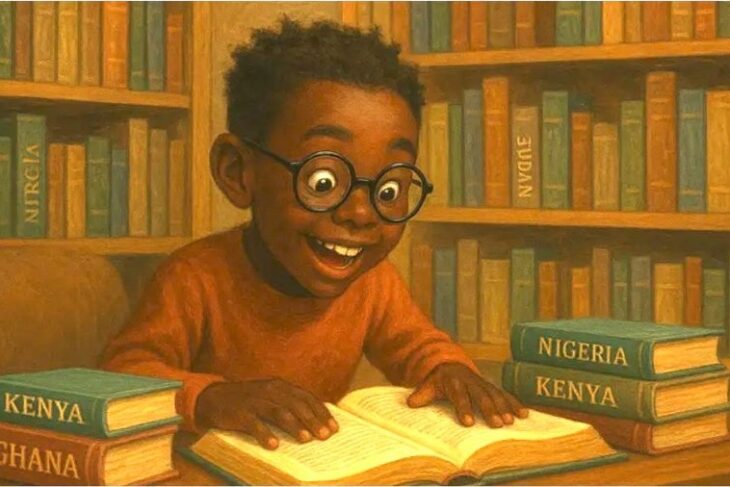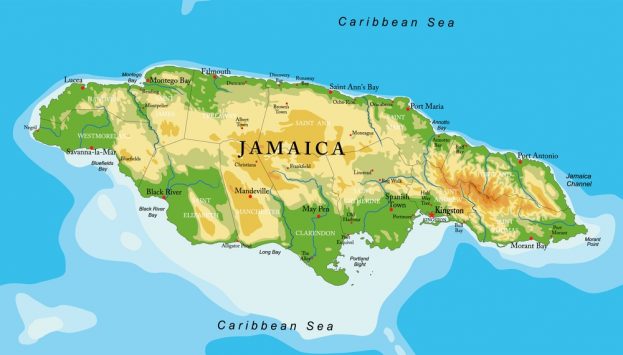
With the recent opening of the Port Royal Cruise Terminal and Montego Bay’s Sangster International Airport being selected at the World Travel Awards as the Caribbean’s leading airport it is clear that the tourist industry is still growing in Jamaica. There have been recent debates in the news about the operation of Airbnb’s and websites like Gustazo’s and Brawta Living offer a variety of different opportunities for local people to enjoy the fruits of the island the way over four million tourists do every year. This shows that the Jamaican tourism industry is not only growing but innovating. And all of this is happening despite continued travel warnings from both the Canadian and American governments.
There is a constant and growing demand for alternative forms of tourism. We know that there is a want for eco-tourism which is natural in Jamaica with all of the waterfalls, available hikes and natural beauty. There are also a plethora of Airbnb experiences including beekeeping and hiking on a pineapple farm which cater to people interested in connecting more deeply with the natural environment on a small scale.
Along with the growing demand for ecotourism there is a growing demand for cultural tourism. If you go to a dancehall party any day of the week you are guaranteed to see tourists who come to the Kingston to absorb and learn from the dancehall culture. They are generally guided by a Jamaican who takes them from event to event.
What is gained and what is lost in cultural production? Is it possible that when culture is being produced for consumption some aspect of authenticity is lost? Does it become performative? Does that even matter? These are my musings and my questions. Pepsi’s recent Jamaican campaign painted a beautiful mural on Hope Road. When I pass it, I appreciate the art but have a nagging feeling of how the art is undermined by the fact that it was produced to promote a corporate (and unhealthy) product. Culture Yard in Trenchtown continues to welcome people to tour Trenchtown; it is beautiful to share culture and space. But is there some aspect of poverty porn?
All of these questions aside, culture is one of Jamaica’s most well known exports. And cultural production is therefore a very important industry. How can government entities like the Tourism Enhancement Fund continue to support safe and genuine cultural production? And how can those entities encourage and provide resources to teach people how to capitalize on it. Perhaps by continuing to fund social enterprises and social entrepreneurs; by having programs that teach how to capitalize on talents like dancing, music and art; by continuing to fund art-based education in schools.
Along with cultural tourism, the government must continue to support and develop the ecotourism sector. Support and train the people who are already using Jamaica’s natural resources to sustain their lives; the sea moss collectors, fishers, coffee farmers, maroons, those who know secret spots along rivers for crystal clear bathing. By investing in entrepreneurs who want to grow their businesses to cater to the ecotourism sector it could allow people to get out of low paying jobs and have an opportunity to increase their income. For example, people could form collectives and increase their capacity to bargain, apply for funding, invest, and further develop their products and services.
As a long term visitor I write this article with the utmost appreciation and respect for what this island has to offer. Jamaica is rich in so many ways and must continue to encourage the population to take advantage of the cultural and natural resources that Jamaica continues to provide TO THE WORLD!




